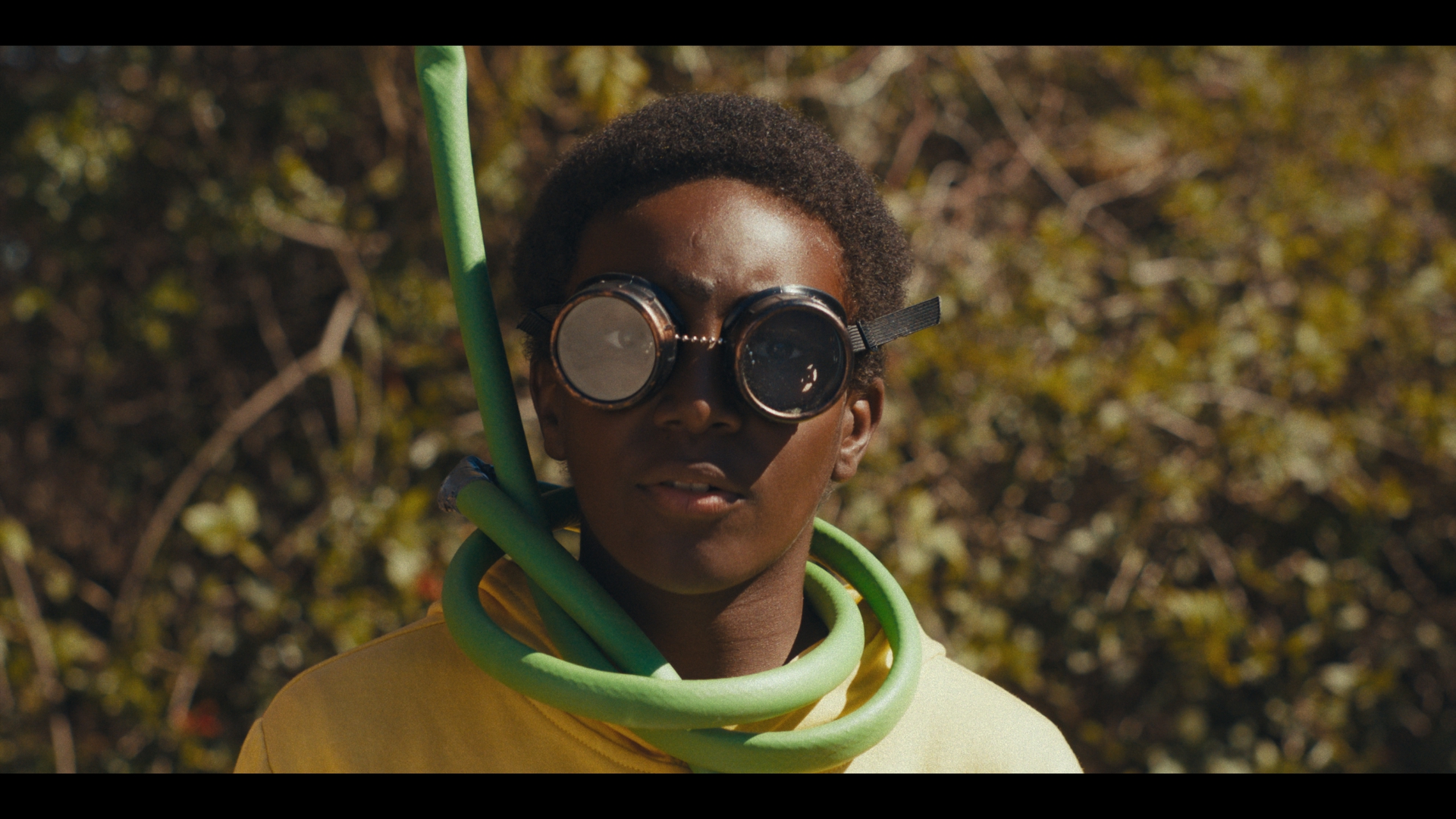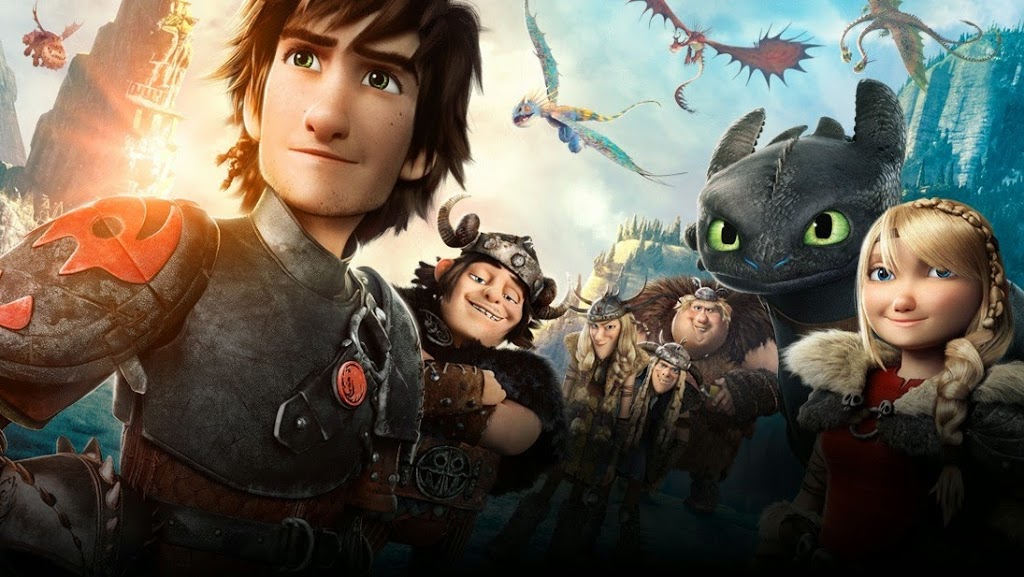Title: Six LA Love Stories
MPAA Rating: Not Rated
Director: Michael Dunaway
Starring: Beth Grant, Matthew Lillard, Carrie Preston
Running Time: 1 hr 20 mins
What It Is: Scattered throughout Los Angeles, six couples find themselves facing various stages of relationships. As each couple experiences their own realities, they must adhere to or fight against the power of love and its inexplicable way of working.
What We Think: At times the lack of something in a film sticks out more than what is present in it. In this case, the lack of compassion or progression sticks out like a sore thumb. In one of the interactions between Jamie Anne Allman and Marshall Allman, their coffee shop chattering turns awry when Marshall’s character, Peter, uses the r-word during a conversation. For those that don’t know, the r-word refers to the word “retarded”. There could be two reasons for such a word being used: either the word was already part of the actor’s vocabulary and was accidentally slipped out, or the word was written in the script and deliberately rehearsed to be said in front of the camera. While both reasonings are inherently in the wrong, the latter entails a higher level of ignorance. Knowing the connotation that word holds and the derogatory way that it has been used for years, one should be aware of the impact it can have when saying it so carelessly. Saying a word so nonchalantly warrants some form of rebuking as to why that vocabulary is hateful, but to purposely include that word in a script shows indifference not only from the writer but to everyone knowledgeable of such language being used. Whatever the case may be, there really is no excuse as to why the word was used, or why it’s still used to this day. If my high school friends and I, in 2016, were fully aware of the word and the level of ignorance one must have to say it, surely grown ass adults should be aware of its history and manner of being used. Along with this slight ignorance, once again a film seems to be incapable of having actors of color or of different sexualities. Aside from Ogy Durham’s character, the casting remains exclusive to one color. Durham’s character, Camille Patterson Lockwood, serves as a double minority, with the rest of the couples holding traditional straight and white roles. How can we expect any sort of progression in society when all that is depicted in the film is an unchanging yet steady stream of white dominance.
Our Grade: D, If this movie was made in 2008 I’d understand why there’s no color in sight, but by 2016 I would have expected some sort of progression in intelligence or inclusion when it comes to the casting or screenwriting of a film, particularly one that wishes to draw heartfelt emotions from its audience. Maybe if this were a bigger film perhaps I would try to understand its lack of representation, but it’s not, and I can see why. The film served as a good insight into the many stages of a relationship: the hardships and prosperity, the suffering and the healing, and the death and birth of new and old love. However, such ignorant language seems hardly excusable in an age where tolerance of intolerance only allows more oppression. As Dante Alighieri put it simply in his work, “the hottest places in Hell are reserved for those who in time of moral crisis preserve their neutrality”.


